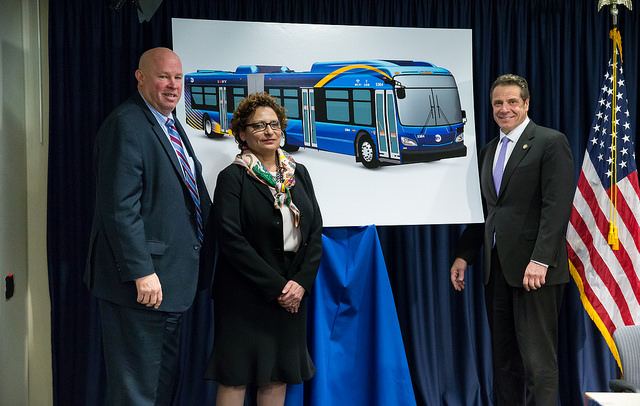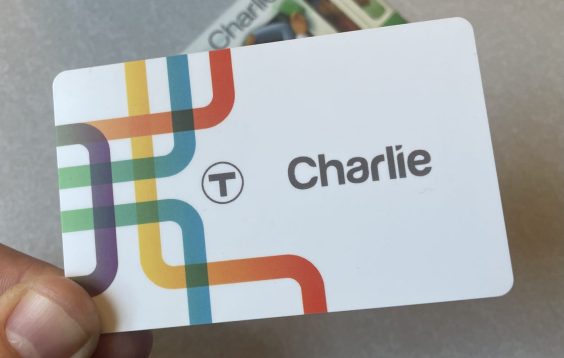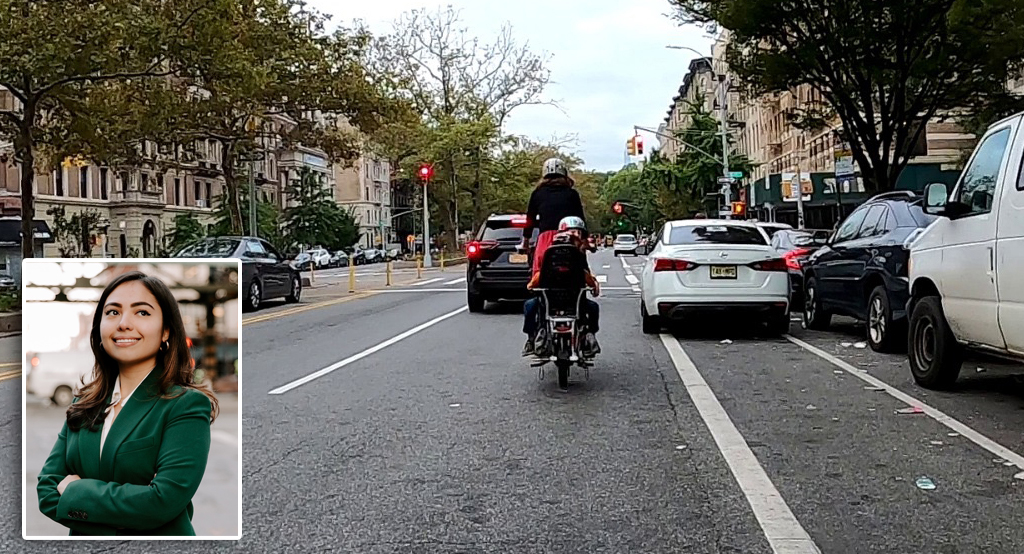A broad coalition of 67 state legislators want Governor Andrew Cuomo to pursue two potentially transformative improvements to NYC's notoriously slow and unreliable bus service.
In letters released today, members of the Assembly and State Senate from every caucus in the legislature called on Cuomo to implement transit signal priority and all-door boarding across the bus system [PDF].
Those are two of the top recommendations the NYC transit advocates put out last year in their Bus Turnaround report, which called on the MTA and Governor Cuomo to take immediate steps to reverse flagging bus speeds and declining ridership.
Transit signal priority holds green lights at intersections as buses approach. Starting next year, the MTA plans to bring the technology to its entire bus fleet, but it's playing catch-up: NYC DOT's 12,000 traffic signals already have the technology in place for transit signal priority, which has so far been limited to a few Select Bus Service routes.
The legislators urge Cuomo to expedite that rollout, ensuring the entire bus fleet is TSP-compatible by the end of this year.
All-door boarding, meanwhile, is much faster than the typical set-up where everyone pays at the front of the bus, but it's limited to Select Bus Service stops where riders get receipts from machines on the sidewalk. The ticket vending machines are expensive and sometimes unreliable, which makes them difficult to scale up across the entire bus network.
As the MTA begins to phase-out the MetroCard, there's an opportunity to shift to fare technology that enables all-door boarding at every stop. But agency officials have been reluctant to commit to system-wide all-door boarding, citing concerns about fare evasion that aren't borne out by experience in New York and other cities.
As the MTA considers bids for the next-generation fare payment system, legislators want Cuomo to ensure it includes the capability for electronic proof-of-payment, which would allow tap-and-go payment at any door and eliminate the need for the off-board fare machines.
"There are basic changes that can be made to improve bus service, right now, which would drastically improve average travel speed and reduce bus bunching," Assembly Member Jeffrey Dinowitz, who chairs the committee with oversight of the MTA, said in a statement. "Cashless fares at all doors would greatly reduce the amount of time passengers spend boarding, and GPS technology would allow dispatchers and drivers to react to unexpected delays and evenly distribute buses."






